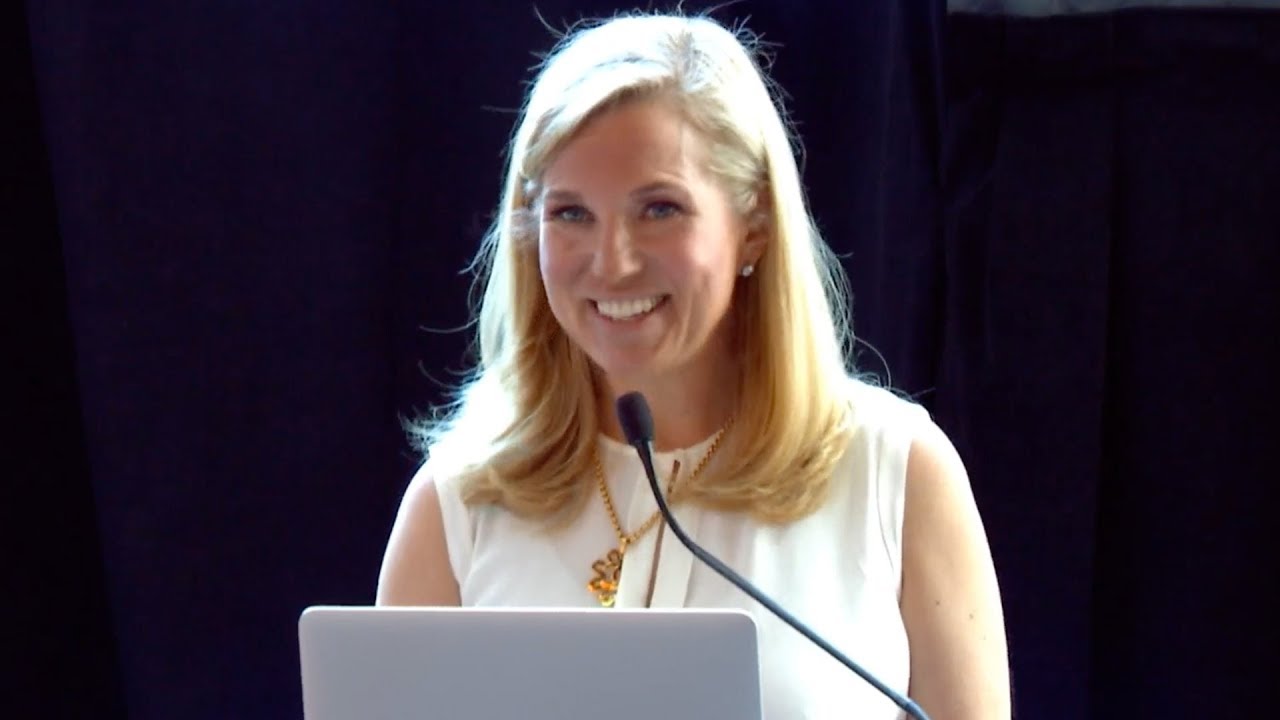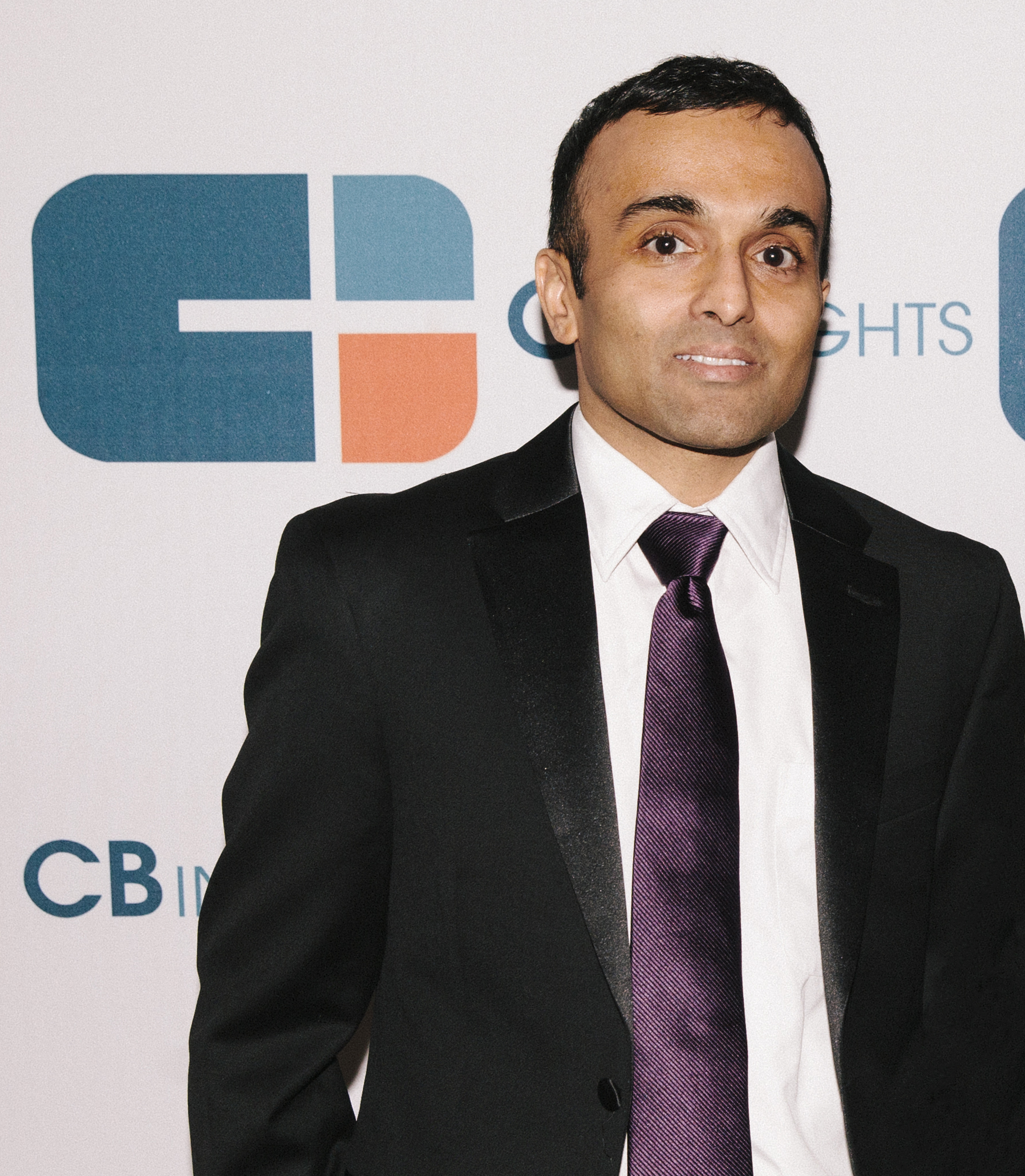I did not know that. All I have is an idea.
— Paramendra Kumar Bhagat (@paramendra) April 3, 2023
The best way to prepare yourself for a career in venture capital is to start a startup. But if you do that well enough, you won't need a career in venture capital.
— Paul Graham (@paulg) April 2, 2023
Two Martians Walk Into A Bar https://t.co/912A3y2gLJ @agazdecki @justingordon212 @mukund @elonmusk @JeffBezos @jeffjarvis @sama @gdb @satyanadella @sundarpichai @geoffreylitt @karpathy @lexfridman @PeterDiamandis @ericschmidt @reidhoffman @LinkedIn @stephen_wolfram #ChatGPT
— Paramendra Kumar Bhagat (@paramendra) April 2, 2023
Of course, I had to stop for lassi in Janakpur! pic.twitter.com/EOXezs0HQS
— U.S. Ambassador Dean R. Thompson (@USAmbNepal) April 1, 2023
One difference between worry about AI and worry about other kinds of technologies (e.g. nuclear power, vaccines) is that people who understand it well worry more, on average, than people who don't. That difference is worth paying attention to.
— Paul Graham (@paulg) April 1, 2023
7/ Is ChatGPT the motorbike for the mind, just like Steve Jobs' computer was the bicycle for the mind? https://t.co/domnIWYuiG #Afghanistan #weddingparties #ChatGPT
— Paramendra Kumar Bhagat (@paramendra) March 31, 2023
Straight From The Bard https://t.co/GPEHasEvmV @sama @elonmusk @satyanadella @sundarpichai @justingordon212 @paulg @agazdecki @mukund @geoffreylitt @cademetz @GregoryNYC @misha
— Paramendra Kumar Bhagat (@paramendra) March 30, 2023
Just Applied To Y Combinator https://t.co/Alm1FBDxwC @paulg @jesslivingston @ycombinator @sama @fredwilson @thegothamgal @bfeld @albertwenger @alexisohanian @msuster @cdixon @wadhwa @vkhosla @lessin
— Paramendra Kumar Bhagat (@paramendra) April 3, 2023
Today @cjoneslevy and I are launching our new podcast, The Social Radars! Be a fly on the wall as we get the inside story from successful startup founders. https://t.co/XC2DJyEpY3
— Jessica Livingston (@jesslivingston) March 15, 2023
Evolution of our website
— Brian Chesky (@bchesky) March 16, 2023
2007 pic.twitter.com/Inq5Km379Z
You are just getting started. 10 internet-size technologies now move in parallel. Imagine all the cross-pollinations.
— Paramendra Kumar Bhagat (@paramendra) April 3, 2023
How Y Combinator Started I don't think we've ever managed to remember our birthday on our birthday. ......... The VC fund was doing what now seems a comically familiar thing for a VC fund to do: taking a long time to make up their mind. ......... As we turned onto Walker Street we decided to do it. I agreed to put $100k into the new fund and Jessica agreed to quit her job to work for it. Over the next couple days I recruited Robert and Trevor, who put in another $50k each. So YC started with $200k. ........... The company wasn't called Y Combinator yet. At first we called it Cambridge Seed. ........ Initially we only had part of the idea. We were going to do seed funding with standardized terms. Before YC, seed funding was very haphazard. You'd get that first $10k from your friend's rich uncle. The deal terms were often a disaster; often neither the investor nor the founders nor the lawyer knew what the documents should look like. Facebook's early history as a Florida LLC shows how random things could be in those days. ........ We started Viaweb with $10k we got from our friend Julian Weber, the husband of Idelle Weber, whose painting class I took as a grad student at Harvard. Julian knew about business, but you would not describe him as a suit. ............ In return for $10k, getting us set up as a company, teaching us what business was about, and remaining calm in times of crisis, Julian got 10% of Viaweb. I remember thinking once what a good deal Julian got. ............ we wanted to learn how to be angel investors, and a summer program for undergrads seemed the fastest way to do it. No one takes summer jobs that seriously. The opportunity cost for a bunch of undergrads to spend a summer working on startups was low enough that we wouldn't feel guilty encouraging them to do it. ............. The structure of the YC cycle is still almost identical to what it was that first summer. ............ We never expected to make any money from that first batch. We thought of the money we were investing as a combination of an educational expense and a charitable donation. But the founders in the first batch turned out to be surprisingly good. And great people too. We're still friends with a lot of them today. ............ It's hard for people to realize now how inconsequential YC seemed at the time. .......... Jessica and I invented a term, "the Y Combinator effect," to describe the moment when the realization hit someone that YC was not totally lame. When people came to YC to speak at the dinners that first summer, they came in the spirit of someone coming to address a Boy Scout troop. By the time they left the building they were all saying some variant of "Wow, these companies might actually succeed." .......... it took a while for reputation to catch up with reality ....... That's one of the reasons we especially like funding ideas that might be dismissed as "toys" — because YC itself was dismissed as one initially. ........ The density of startup people in the Bay Area was so much greater than in Boston, and the weather was so nice. ........ Plus I didn't want someone else to copy us and describe it as the Y Combinator of Silicon Valley. I wanted YC to be the Y Combinator of Silicon Valley. So doing the winter batch in California seemed like one of those rare cases where the self-indulgent choice and the ambitious one were the same........ we didn't have time to get a building in Berkeley. We didn't have time to get our own building anywhere. The only way to get enough space in time was to convince Trevor to let us take over part of his (as it then seemed) giant building in Mountain View. .......
The first dinner in California, we had to warn all the founders not to touch the walls, because the paint was still wet.
What is DemocracyTech? https://t.co/emXWYmsisb #russia #ukraine #democracy #navalny @Kasparov63 @navalny @mbk_center @ZelenskyyUa @StateDept @vp @whitehouse
— Paramendra Kumar Bhagat (@paramendra) April 4, 2023




